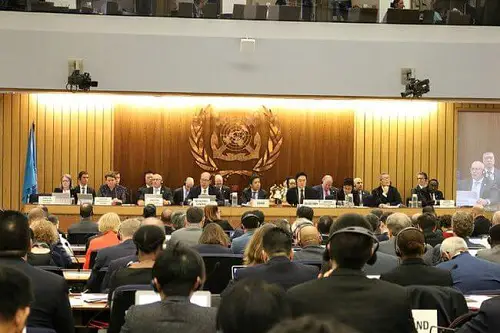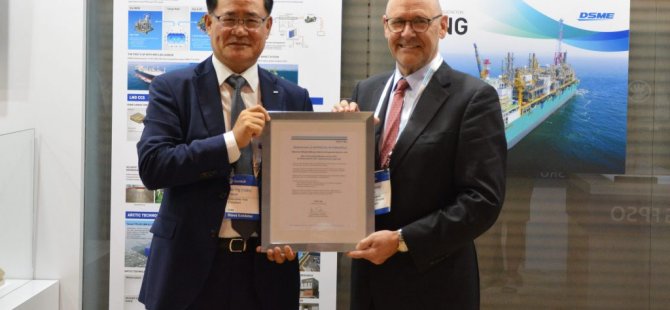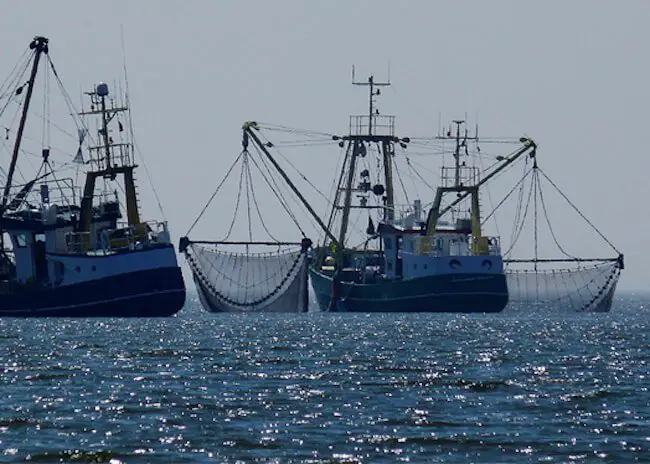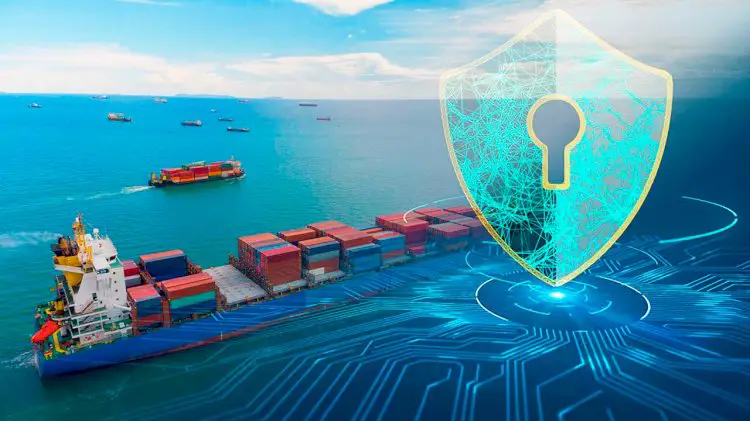H2-Industries: “Zero Emission” Inland Waterway Transport With All-electric Cargo Vessels
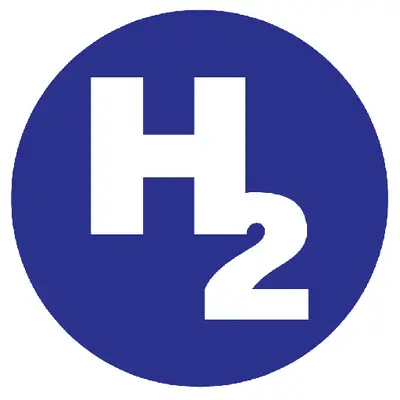
PortLiner and H2-Industries build the first all-electric inland vessels based on LOHC power storage technology. This will allow freight traffic on rivers and canals to be emission-free and sustainable in the future.
On the occasion of Hamburg’s international maritime trade fair SMM, PortLiner and H2-Industries have announced the development and construction of all-electric inland vessels based on innovative LOHC energy storage technology (Liquid Organic Hydrogen Carrier). The Dutch company PortLiner will use H2-Industries’ high performance LOHC technology on inland ships in Europe as its exclusive partner. Harmful emissions related to diesel engines, which so far dominate ship propulsion, will be eliminated in the future (CO2, NOX and particulate matter).
“The cooperation of our companies will lead to a completely new, all-electric drive technology for all types of ships and not just revolutionize inland navigation,” says Ton van Meegen, CEO of PortLiner. “The benefits to PortLiner are the significantly higher storage capacity and energy density of LOHC power technology over traditional battery storage. This will meet specific demands for longer distances, where battery-electric vessels will cover short distances.”
In the oil-like LOHC, hydrogen is stored chemically, and stored and transported just like diesel. LOHC is efficient, flame retardant and non-explosive, even when loaded with hydrogen. H2-Industries’ LOHC technology enables safe and efficient operation of the integrated fuel cell on board. It converts the hydrogen that is released from the LOHC into electricity – and uses powerful electric engines to propel the ship. No CO2, NOX and particulate matter are emitted.
A containerized LOHC storage of 4 x 20 feet can store about 20 times more power than batteries of the same volume.
For the operation of the first LOHC-based e-cargo ships, the construction of LOHC re-fuelling infrastructure is being prepared. Conventional bunkering facilities can be used as LOHC is diesel compatible. In order to make the operation of the e-cargo ship truly sustainable, the electricity used for loading the LOHC with hydrogen will be generated solely from renewable energies.
The market for the electrification of European inland shipping is 15,000 ships, of which 7,300 are cargo ships. In Russia, there are 29,000 ships, of which 15,000 cargo ships. And in China, the largest market, there are 195,000 ships. They can all be quickly and effectively upgraded using H2-Industries’ LOHC technology.
“CO2 emissions need to be reduced rapidly and radically to protect our environment. Our LOHC technology is suitable for replacing the current carbon-based pollutant-contaminated CO2 and NOX-based energy systems, “says Michael Stusch, Chairman and CEO of H2-Industries SE.
Source: H2-Industries

